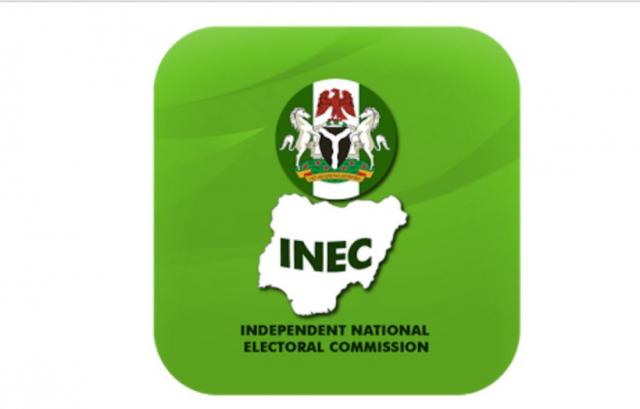As the off-cycle governorship election in Edo State approaches, the Independent National Electoral Commission (INEC) has underscored electoral offences as a significant threat to ensuring free, fair, and credible elections in Nigeria.
The Commission has expressed concern that such offences not only undermine the integrity of the electoral process but also exacerbate political tensions and incite violence.
In a recent engagement with youth groups in Edo State, held to discuss the role of young people in the upcoming election scheduled for September 21, 2024, INEC’s Head of Legal Department, Mrs Rita Amadi, addressed these issues through a presentation titled “Electoral Offences and Penalties.”

Represented by Mrs Oba Agbonifo, a legal officer from the Benin office, Amadi’s paper aimed to educate the electorate, particularly the youth, about the existing electoral laws and the associated penalties for breaches.
Amadi emphasised the critical importance of understanding electoral offences, highlighting the substantial challenges facing the prosecution of such offences in Nigeria.
She identified inefficiencies within the criminal investigation system as a major barrier to effective prosecution, which in turn contributes to a climate of impunity.
“Electoral offences may be committed by individuals or groups, and such offenders should be held accountable and punished according to the prevailing laws,” Amadi stated.
She stressed that Nigeria’s legal framework includes comprehensive provisions on electoral offences and penalties, and it is essential for the youth, who constitute a significant portion of the electorate, to be well-informed about these laws.
The INEC legal officer also highlighted a key limitation faced by the Commission.
According to her, although INEC is empowered by the Electoral Act to prosecute electoral offences, it lacks the authority and resources necessary to conduct arrests and carry out thorough investigations.
This constraint impedes the Commission’s ability to address electoral malpractices effectively.
Professor Mahmood Yakubu, INEC’s Chairman, had previously noted these limitations during a press briefing.
Despite the Commission’s role in prosecuting electoral offences, its effectiveness is curtailed by a lack of resources and investigatory power.
In light of these challenges, Amadi called on all political stakeholders to support INEC in its mandate as an election management body.
She urged them to educate their agents, supporters, and partners about the importance of adhering to the principles of a fair electoral process and to reject the “do or die” mentality that can fuel electoral violence and malpractice.
Amadi’s presentation underscored the necessity for collaborative efforts in upholding the integrity of the electoral process.
The engagement with youth groups was part of INEC’s broader strategy to foster informed participation and enhance public awareness of electoral laws.
As the election date nears, the role of the youth and other stakeholders becomes increasingly pivotal in ensuring that the electoral process remains transparent and free from manipulation.
By understanding and adhering to electoral laws, and by supporting INEC’s efforts to maintain electoral integrity, all parties involved can contribute to a more equitable and peaceful electoral environment in Edo State.
Support InfoStride News' Credible Journalism: Only credible journalism can guarantee a fair, accountable and transparent society, including democracy and government. It involves a lot of efforts and money. We need your support. Click here to Donate
